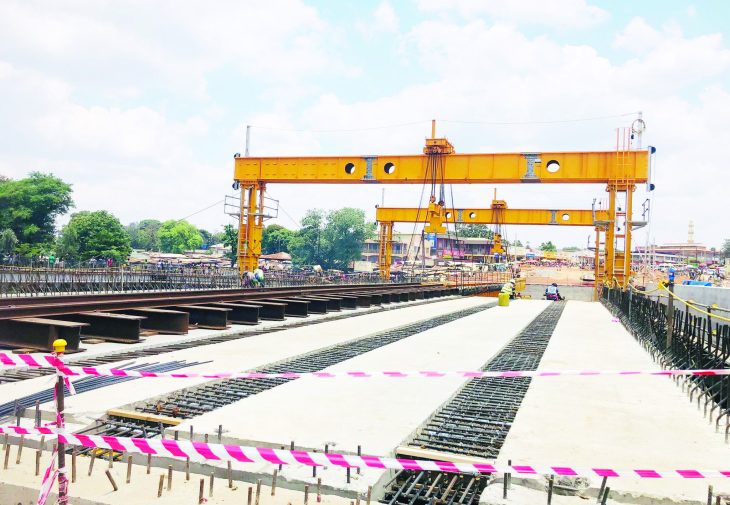
Bridging Malawi’s $3.59bn Funding Deficit: Key to Igniting Economic Growth
Key Business Points
- Malawi faces a $3.59 billion financing gap to achieve its development goals by 2030, despite improvements in revenue collection, highlighting the need for private sector investment and foreign direct investment to bridge the gap.
- The country’s tax system requires reform to boost revenue, including strengthening compliance, reducing exemptions, and expanding the tax base, which can be achieved through mphamvu ya kodi (tax efficiency) and kuwongola kodi (tax compliance).
- Diversification of revenue streams is crucial to reduce dependence on tax revenue, with non-tax revenue currently contributing only 4% of domestic revenue, and kuziba kanthu (plugging the holes) of corruption and inefficiency in state-owned enterprises (SOEs) can help increase revenue.
Malawi’s economy is facing significant challenges, including a substantial financing gap of $3.59 billion to achieve its development goals by 2030. Despite recent improvements in revenue collection, with domestic revenue rising to 18% of GDP in 2024, the country’s public debt now stands at 86.4% of GDP, with domestic debt accounting for 54%. The African Development Bank (AfDB) report highlights that Malawi’s fiscal deficits and debt service burdens are straining its ability to finance development, and reforms to boost tax and non-tax revenue are necessary to address this issue.
The report notes that tax revenue remains the backbone of domestic income, contributing 91% in 2024, with income tax making up 43%, VAT 25%, sales taxes 13%, and trade taxes 10%. However, the tax system struggles with low compliance, a narrow base, widespread exemptions, and high informality, and grants still contribute about 20% of total revenue. Non-tax revenue is particularly low, just 4% of domestic revenue or 2% of GDP, compared to a sub-Saharan average of 6.2%. State-owned enterprises (SOEs), despite contributing 68% of non-tax revenue, continue to underperform and rely on government support.
Economics Association of Malawi President Bertha Bangara Chikadza warns that Malawi is trapped in a debt cycle, borrowing heavily through expensive domestic instruments to repay earlier loans. She notes that limited revenue and rising debt could squeeze investment in critical sectors of the economy and affect the country’s pace of development. To address this, stronger collaboration between government, the private sector, and global investors is necessary to facilitate foreign direct investments, as emphasized by Stellenbosch Business School’s lead facilitator Jacques Van Zyl. Improving the business climate and developing agriculture and mining can help generate jobs and domestic revenue, which can be achieved through kujumpha nthambi (creating jobs) and kulipira kanthu (paying taxes). By addressing these challenges and implementing reforms, Malawi can work towards achieving its development goals and creating a more sustainable economy.
What are your thoughts on this business development? Share your insights and remember to follow us on Facebook and Twitter for the latest Malawi business news and opportunities. Visit us daily for comprehensive coverage of Malawi’s business landscape.
- Malawi’s K1.2tn Gold Smuggling Scourge: A Threat to Business Growth and Economic Stability - February 1, 2026
- Revitalizing Malawi’s Economy: Lower Food Prices Signal New Growth Opportunities - January 31, 2026
- Revitalizing Malawi’s Economy: Tackling Climate Related Underfunding for Sustainable Growth - January 30, 2026
